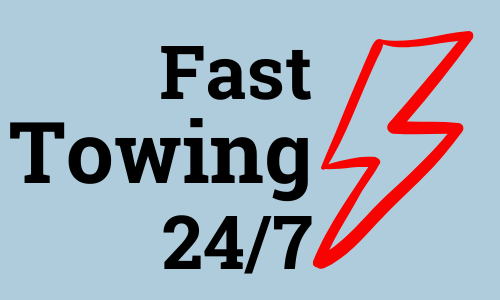2027 EPA emissions rule for heavy-duty trucks expands warranty and service life requirements
In late 2022, the U.S. Environmental Protection Agency (EPA) finalized a rule titled “Control of Air Pollution from New Motor Vehicles: Heavy-Duty Engine and Vehicle Standards” that introduces more stringent emission requirements for heavy-duty vehicles. Effective with the 2027 model year, the rule lowers limits on nitrogen oxide (NOx), particulate matter, and other ozone-forming pollutants while mandating extended durability and warranty periods for engines and emissions-related components.
New standards
The final rule represents a comprehensive effort to reduce harmful emissions from heavy-duty trucks throughout their operational lifespan. The new standards are more than 80% lower for NOx emissions than current limits, and the allowable particulate matter emissions have been reduced by 50%. These stricter thresholds apply across a broader range of vehicle operating conditions, including low-load and idle modes, to better reflect real-world driving scenarios.
The rule also increases the required useful life and warranty periods for engines and emissions control equipment to support long-term emissions performance. The useful life for covered heavy-duty vehicles will extend from 435,000 miles to 650,000 miles, while emissions-related warranties will be lengthened from 100,000 miles to 450,000 miles. These extensions are designed to ensure that emissions systems remain functional and compliant for a greater portion of a vehicle’s service life.
An additional provision of the rule addresses the growing concern over emissions system tampering and post-warranty degradation. According to EPA analyses, poorly maintained or deliberately modified systems after the end of the current useful life period contribute significantly to projected NOx emissions in future years. To mitigate this, manufacturers will be required to design engines and electronic controls that prevent reprogramming or disabling of emissions control systems.
The rule also includes detailed maintenance and serviceability requirements intended to clarify owner responsibilities and enhance emissions system repairability. Manufacturers will be expected to provide clearer diagnostic and maintenance information, helping fleet operators maintain certified emissions performance over time.
The rule revises the approach to selective catalytic reduction (SCR) inducements to discourage tampering further and improve operational reliability. New standards will require engines to provide earlier and more informative warnings to operators when the SCR system is malfunctioning, helping prevent unexpected engine derates and allowing timely corrective action.
Looking to the future
The final rule will also influence the development of future engine oils. The PC-12 engine oil category, currently in development, will be tailored to meet the demands of these advanced engines and aftertreatment systems. Oils developed under the PC-12 specification will play a critical role in helping fleets maintain emissions compliance, equipment durability, and fuel efficiency in alignment with the 2027 standards.
The EPA aims to achieve substantial environmental benefits while supporting compliance across the full range of heavy-duty vehicle operations by combining tighter emissions limits with longer equipment life and improved serviceability. These changes will impact vehicle design, maintenance practices, and lubricant formulation, requiring industry-wide coordination and adaptation.
The American Petroleum Institute (API) recognizes the importance of engine oils in helping fleets meet these new regulatory requirements. The oils are being developed by working with engine manufacturers, oil marketers, additive companies and other interested parties to ensure the PC-12 oil category is ready in time to support the implementation of the EPA’s 2027 standards.
Bill O’Ryan is director of the Engine Oil Licensing and Certification System (EOLCS) and Diesel Exhaust Fluid (DEF) Certification Programs at the American Petroleum Institute (API). He has worked in the transportation lubricants industry for over 30 years and joined the American Petroleum Institute (API) in 2022. His background includes additive package development, engine and driveline testing. Bill has oversight responsibility for the Aftermarket Audit Program (AMAP), an annual program in which thousands of engine oil and DEF samples are purchased in the marketplace around the globe and tested to ensure conformance with required specifications.

Bill O’Ryan is director of the Engine Oil Licensing and Certification System (EOLCS) and Diesel Exhaust Fluid (DEF) Certification Programs at the American Petroleum Institute (API). He has worked in the transportation lubricants industry for over 30 years and joined the American Petroleum Institute (API) in 2022. His background includes additive package development, engine and driveline testing. Bill has oversight responsibility for the Aftermarket Audit Program (AMAP), an annual program in which thousands of engine oil and DEF samples are purchased in the marketplace around the globe and tested to ensure conformance with required specifications.
